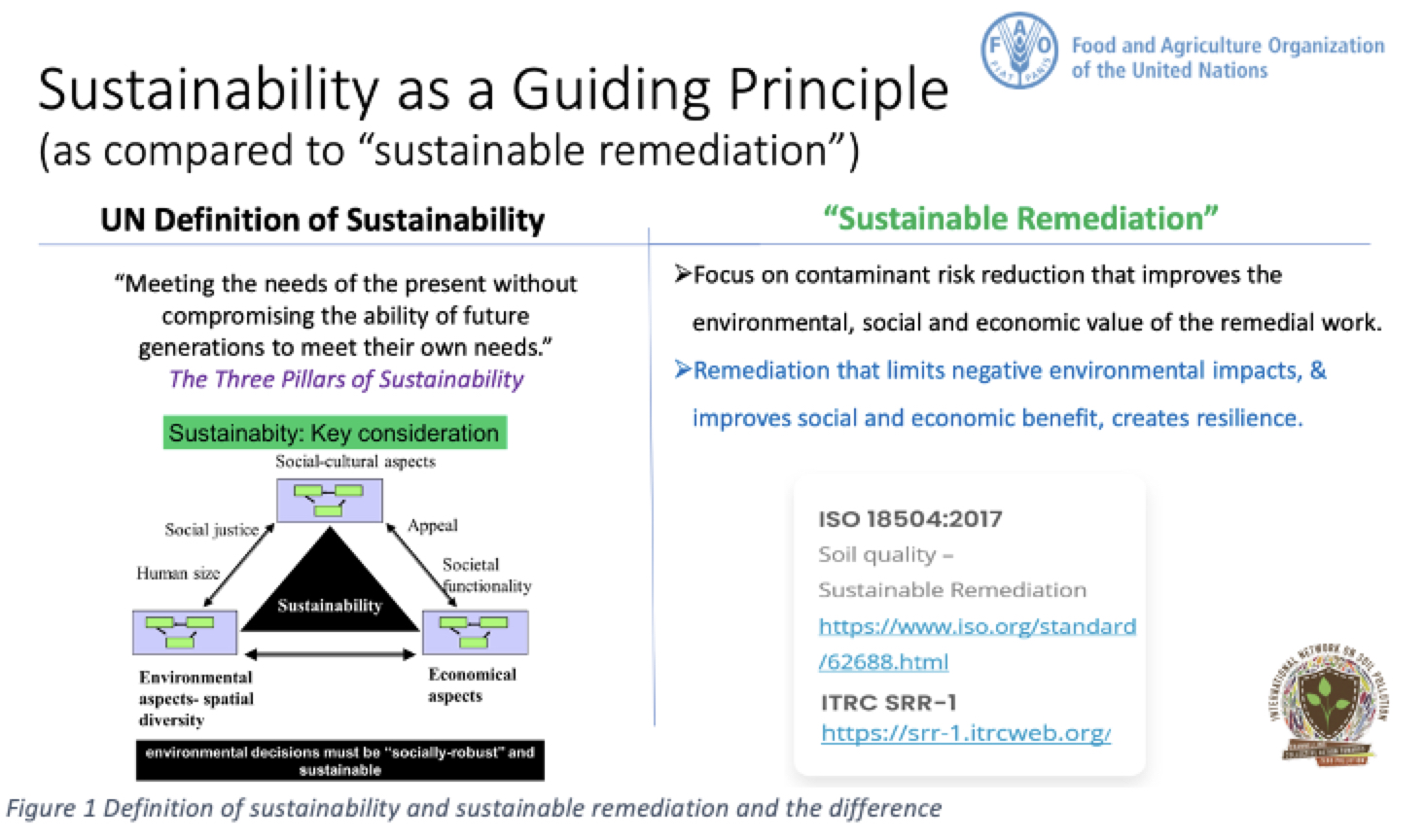INSOP working group meeting on soil pollution: summary and way forward
On 17 January 2024, the International Network on Soil Pollution (INSOP) marked an important milestone by conducting its first working group (WG) session of 2024, focusing on sustainable soil management. The meeting was held online via Zoom, and was attended by 108 participants. The purpose of this session was to launch the activities of the Remediation WG defined during the network’s annual meeting in June 2023. To learn about the WG objectives and activities, details can be accessed here.

The meeting was introduced by INSOP Chair, Ravi Naidu (Global Centre for Environmental Remediation, University of Newcastle, Australia and CRC CARE, Australia) with opening remarks also provided by Sergejus Ustinov (FAO, INSOP coordinator). The attendees were then presented with the newly developed INSOP remediation action plan checklist by WG co-leader Scott D. Warner (Global Centre for Environmental Remediation, University of Newcastle, Australia and BBJ Group, United States of America). This checklist, co-authored by Fang Wang (Chinese Academy of Sciences), WG co-leader, will undergo a peer review process at the end of March 2024 after which it will be made publicly available. It will act as a guideline for those who want to implement soil remediation practices but are unsure of how and where to begin. The presentation is available here.
A highlight of the event was the guest speaker, John Pichtel from Ball State University (United States), who shared insights and case study summaries on sustainable soil management tools and approaches applied worldwide to treat polluted soil. This session was highly informative and engaging, providing attendees with valuable knowledge into sustainable management practices that can be employed to remediate polluted soils.
The session also facilitated a 30-minute discussion session, allowing participants to share their experiences and thoughts on sustainable soil management practices in their respective countries. Closing comments were provided by INSOP Vice-Chair Deyi Hou (Tsinghua University, China). Following the discussion, the INSOP steering committee decided to create an open survey inviting INSOP members and the public to share their successful cases of remediated polluted soils using sustainable soil management practised in their country. This data will serve as a vital foundation for INSOP to create a global database of sustainable soil management techniques that can be used for soil remediation.
Over the next month, the INSOP steering committee will be developing a questionnaire which will be subsequently distributed to the public. Those willing to contribute to the survey creation or share a sustainable soil management case study from their country are encouraged to contact the INSOP coordinator.

